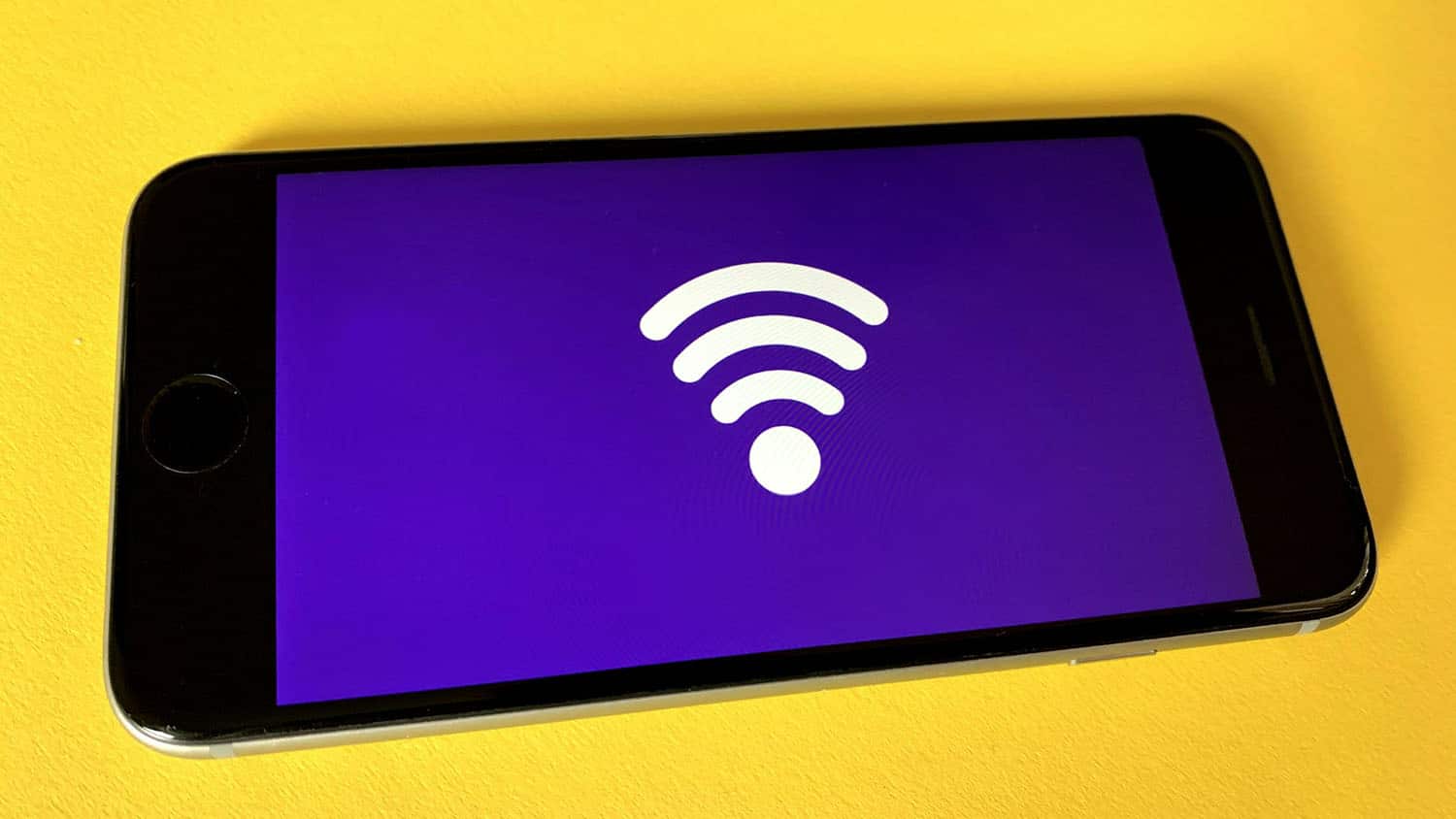Podcast: Healthcare Inequity


A recent study by assistant professor of psychology, Vanessa Volpe, found that systemic racism doesn’t just impact access to employment or education, it also affects healthcare quality and availability for Black populations. Volpe explains what that means.
By combining census-level data and a national sample of Black and white respondents who self-reported their healthcare access and quality, the researchers found that at the structural state-level, racism does appear to benefit white individuals’ access to and quality of healthcare while decreasing Black individuals’ access to healthcare.
But, according to Volpe, even where access is equal, there is still an individual level component for Black patients who report experiencing discrimination from their providers.
“At that level, provider racial discrimination remains an important determinant of healthcare quality,” Volpe says.
Volpe also states that this issue can be addressed at the state level through policies, practices, or developing training to mitigate effects of intentional or unintentional aspects of bias that are creeping into medical practices.


